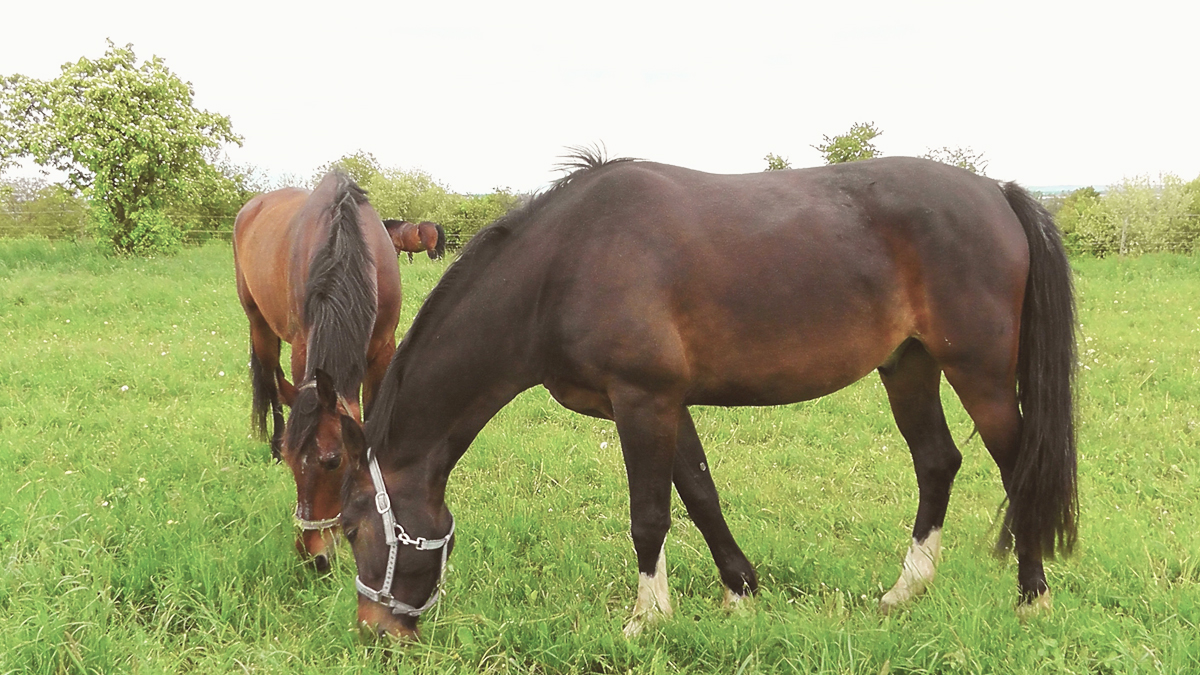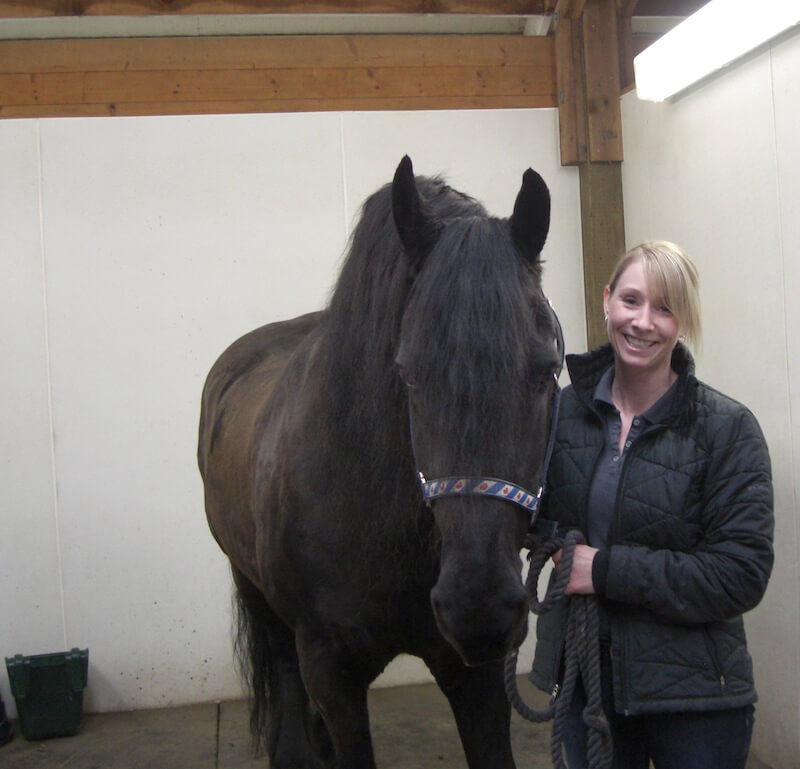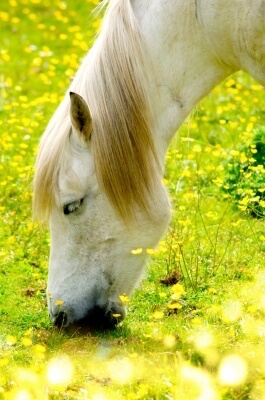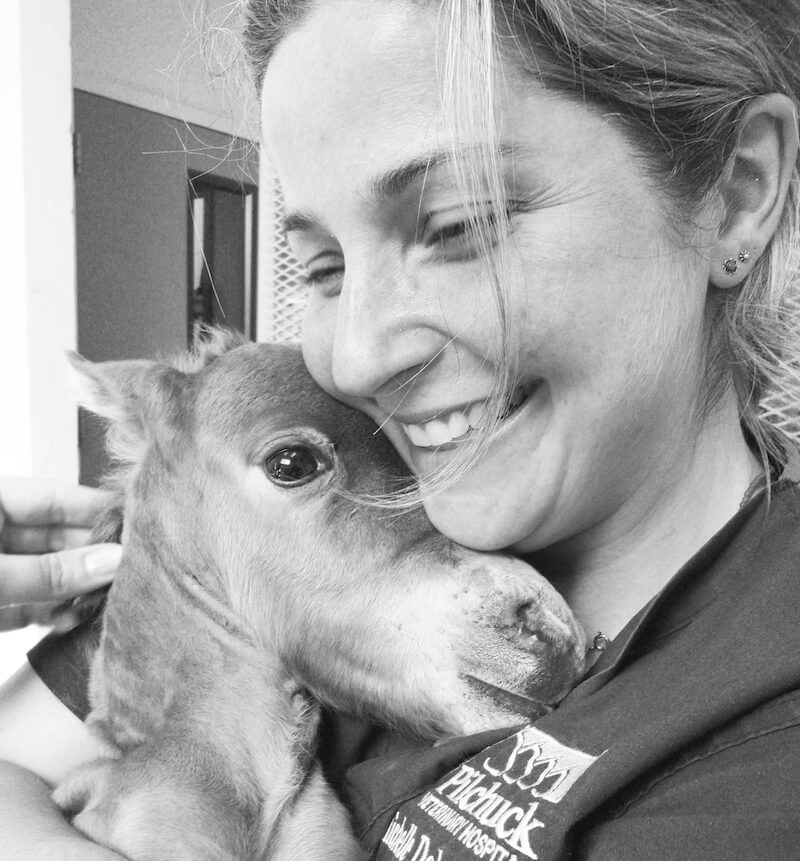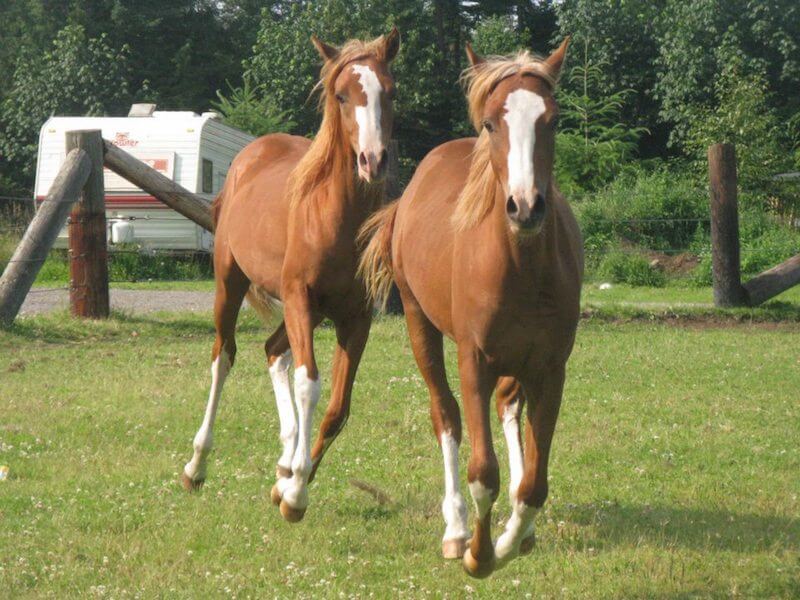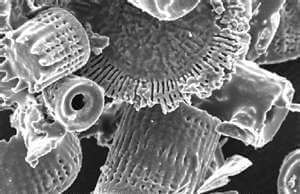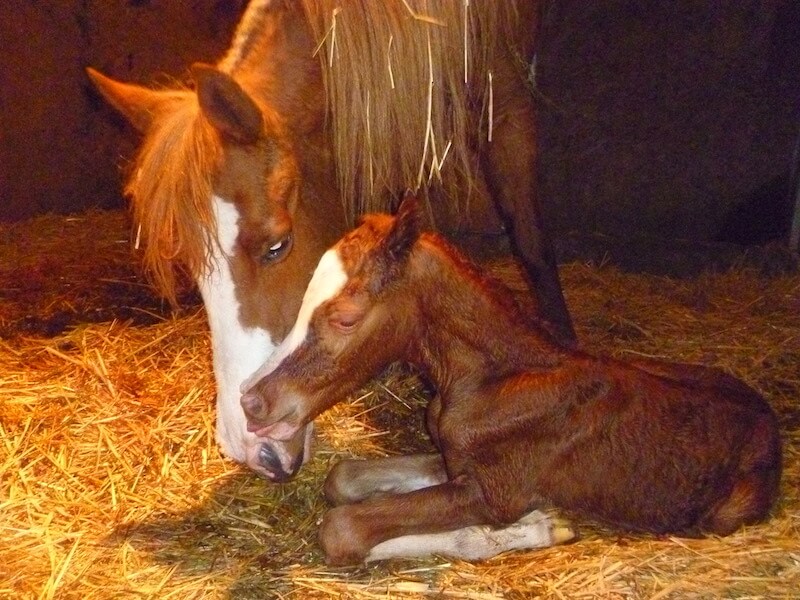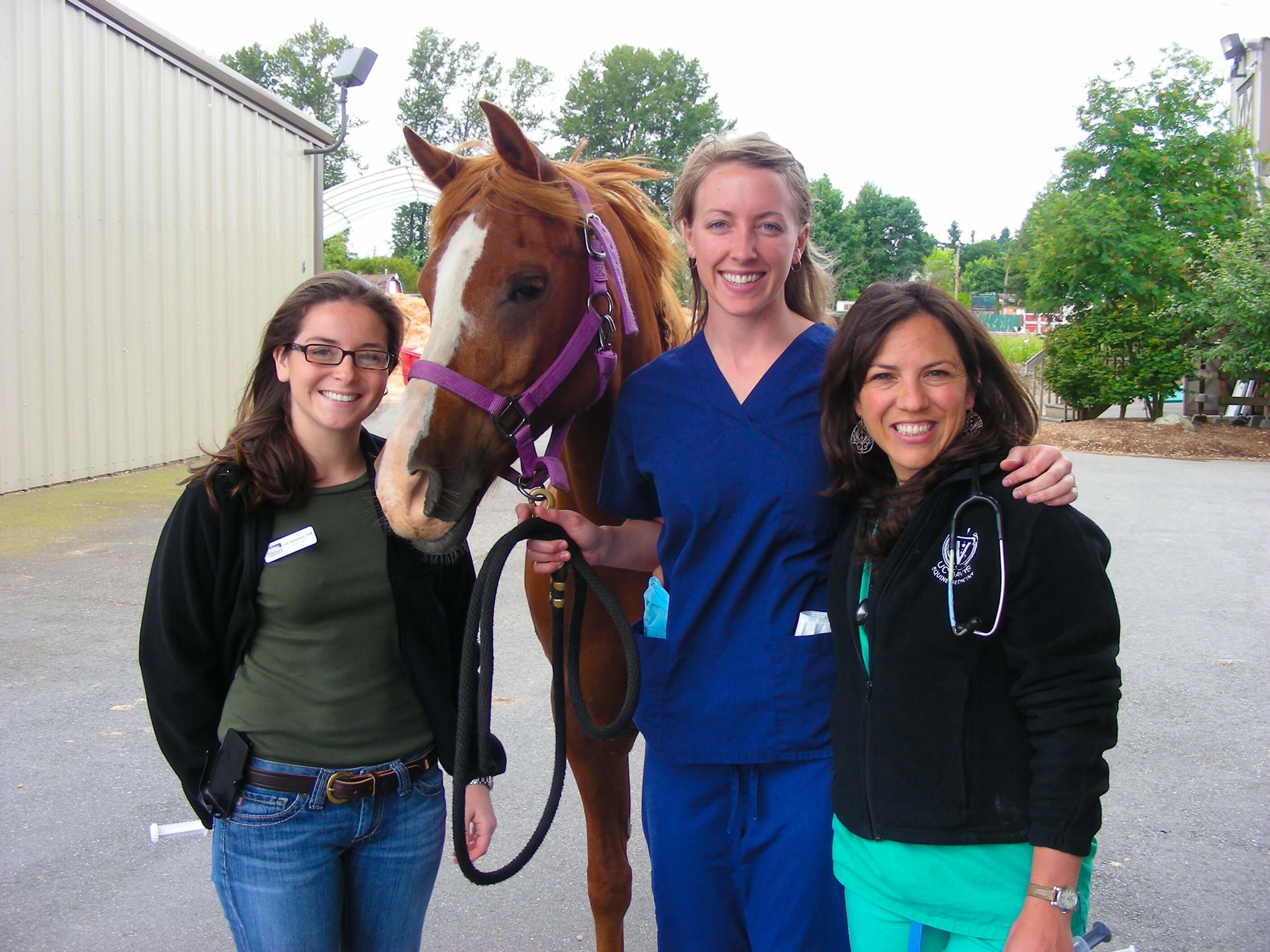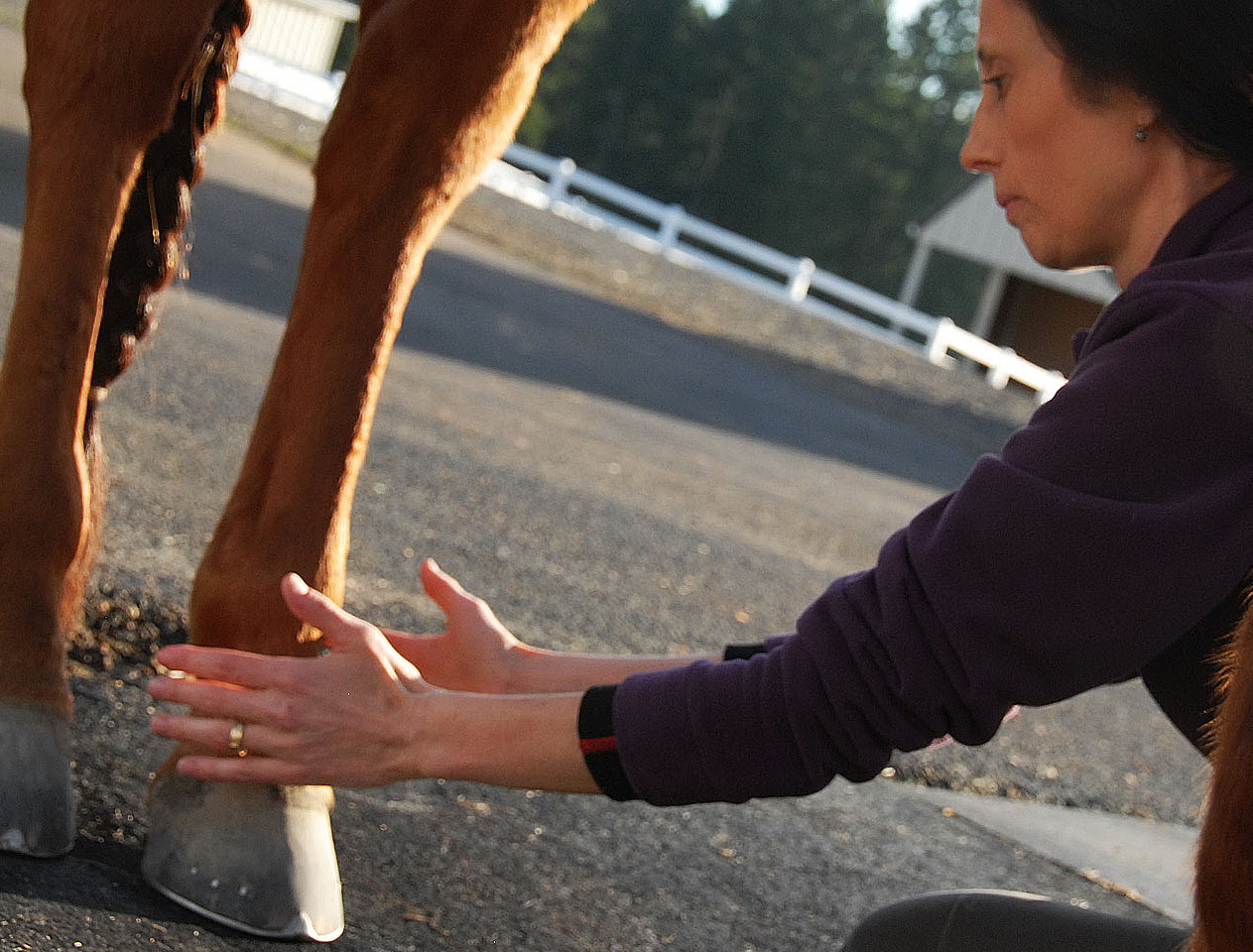“On a Dark and Stormy Night…” Part 2
A Difficult Delivery and an Orphan Colt: Part 2 by Dave Sauter, DVM The foal was suffering from Hypoxic Ischemic Encephalopathy, more commonly known as “Dummy Foal” Syndrome. It refers to a condition of neurologic abnormalities that are not related to infectious, metabolic, developmental or toxic causes. In this case the …

